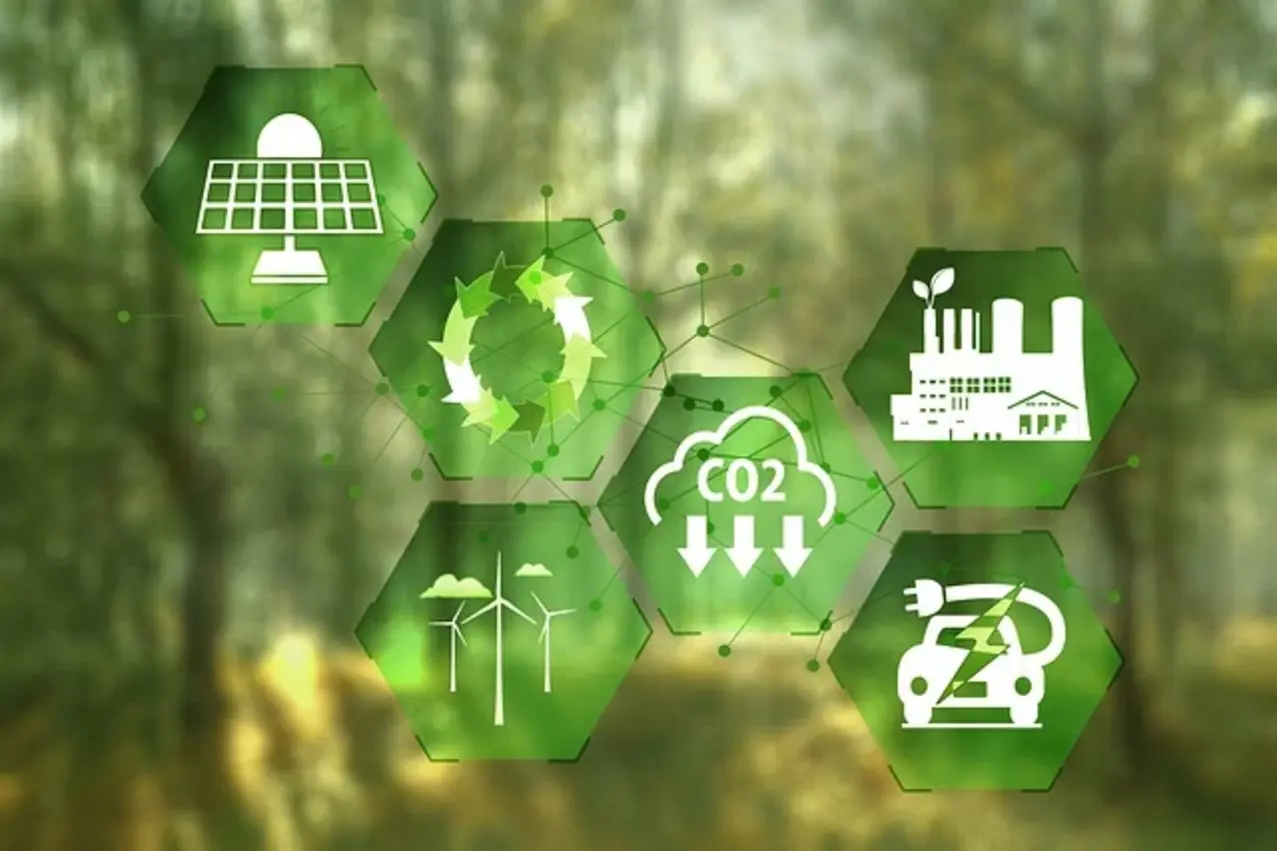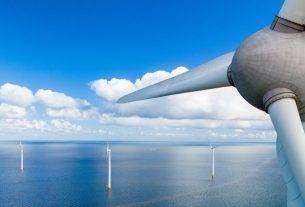Portugal’s commitment to renewable energy has reached a significant milestone, with renewable sources accounting for 71% of the country’s total electricity generation in 2024. This achievement underscores the nation’s ongoing transition towards a more sustainable and resilient energy system, driven by investments in wind, solar, and hydroelectric power.
Key Contributors to Renewable Energy Growth
The substantial share of renewables in Portugal’s electricity mix is primarily attributed to wind and solar energy, which have seen remarkable growth over the past few years. Wind energy, in particular, has played a pivotal role, contributing to nearly half of the renewable electricity generated. Solar power also continues to expand rapidly, with new solar farms coming online to meet the country’s growing demand for clean energy.
Hydroelectric power remains a crucial part of Portugal’s energy mix, providing a significant portion of the country’s renewable electricity. However, the reliance on hydropower can be subject to seasonal fluctuations and weather conditions, which has prompted the country to diversify its renewable energy sources.
A Stronger, Greener Energy Future
The surge in renewable energy generation is a direct result of Portugal’s long-term energy strategy, which has focused on reducing dependence on fossil fuels and enhancing energy security. The government’s efforts to expand clean energy infrastructure, incentivize investment in renewable projects, and implement supportive policies have been key factors in achieving this progress.
Portugal’s renewable energy sector has not only improved the country’s energy independence but has also created new economic opportunities, including jobs in the renewable energy and technology sectors. Additionally, the country has positioned itself as a leader in sustainable energy within Europe, with ambitious targets for carbon reduction and energy transition continuing to guide its path forward.
Implications for the Broader European Energy Transition
Portugal’s achievement is also a reflection of broader trends within Europe, where nations are increasingly turning to renewable energy sources as part of their efforts to combat climate change and meet the European Union’s decarbonization goals. Portugal’s success serves as a model for other European countries looking to enhance their renewable energy capacity and reduce reliance on imported fossil fuels.
The shift towards renewables is expected to contribute to the European Union’s target of achieving net-zero emissions by 2050. By demonstrating the viability of a renewable-heavy electricity grid, Portugal has shown that transitioning to a cleaner, greener energy system is not only possible but also essential for ensuring long-term sustainability.
Challenges and Opportunities Ahead
Despite the success in generating the majority of its electricity from renewable sources, Portugal faces challenges in maintaining this momentum. As the country moves towards an even higher share of renewables, ensuring grid stability and energy storage solutions will become increasingly important, especially during periods of low renewable output.
To address these challenges, Portugal is investing in energy storage technologies, such as battery systems and pumped storage plants, which will help balance supply and demand. Additionally, further efforts to integrate renewable energy with neighboring countries’ electricity grids are expected to improve resilience and efficiency.
Conclusion
In 2024, Portugal has demonstrated a powerful commitment to a sustainable energy future, with 71% of its electricity now coming from renewable sources. This progress highlights the country’s success in embracing clean energy solutions while also underscoring the broader implications for the global transition to renewable energy. As Portugal continues to build on its achievements, it is well-positioned to serve as a leader in Europe’s renewable energy transformation.


